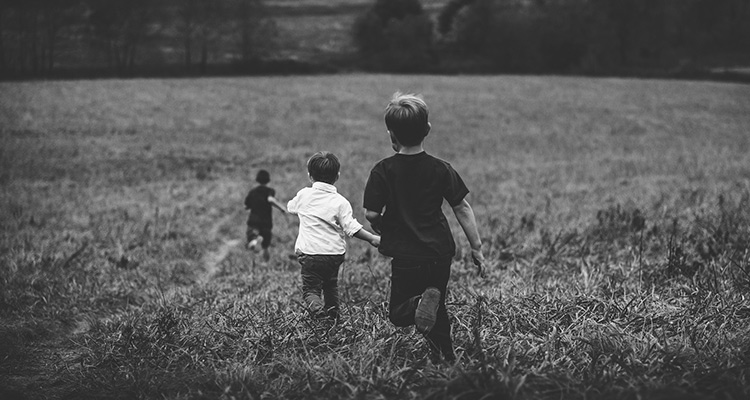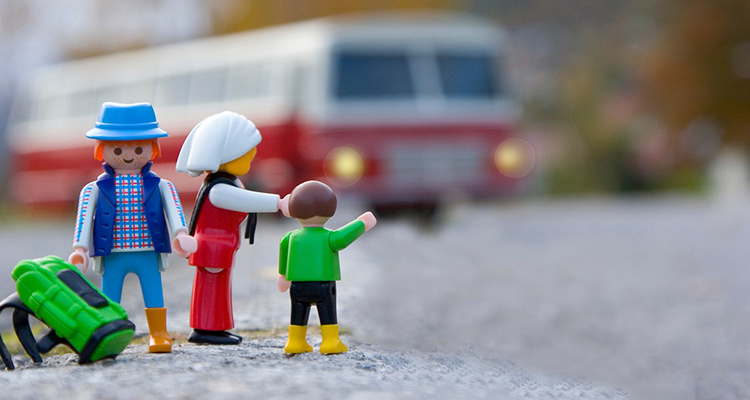

At dothegap we firmly believe in formal education. However, we’re also aware of the importance of the knowledge you gain outside regulated educational institutions.
What are we talking about? Skills acquired thanks to life experiences outside the classroom, which are crucial for your personal development. Exchange experiences, like the ones we offer at dothegap, are a great tool to encourage this type of learning.

If you’d like to discover 10 basic life skills that you’ll learn outside the classroom, continue reading!
10 skills or life lessons you’ll learn outside the classroom
- Be considerate, offer and treat others with empathy. This is perhaps one of the biggest life lessons and key for healthy and beneficial social lives, both for oneself and for those who surround you. Through new experiences, which might present challenges, you’ll naturally develop a sense of empathy and consideration. For example, when a total stranger notices you’re lost and helps you find your way in a new city, or the affection animals show us.
- Keep an open mind. The people who surround us and those we share our lives with are different. They have distinct points of view and have had different life experiences than us. It’s important to be conscientious of this, to learn to respect it and to know how to express our opinions without rejecting those of others. This can be learned through traveling and escaping your everyday environment. Doing an exchange takes you out of your usual routine that’s tends to consist of people with similar opinions to your own. You meet people with new or different viewpoints. This way, you not only reflect on what you’ve always known, but you learn without having to change your opinions.
- Build connections with others. Related to the previous point, to create healthy bonds it’s crucial that you’re able to read certain circumstances and to understand people. This learning is continuous, impacting your daily, emotional and work life.
- Learn to face tough situations. Always being positive is difficult, since we’re constantly faced with new challenges and some things are out of our control. However, we must prepare ourselves for these difficulties mentally. In the same way, we should work with long-term goals and learn to adapt and face unforeseen circumstances. New experiences that you can have outside the classroom will encourage you to get out of your routine, tackle challenges and get out of your comfort zone. This way, you’ll be better prepared for new situations that are yet to come.
- Persevere. Along the same lines as the previous point, perseverance is key to satisfaction. Learning is a long road that lasts a lifetime and must be encouraged to continue forwards. Experiences like exchanges are very valuable to understand this, since they allow us to test our understanding and they open new paths to continue on and grow.
- Adapt to distinct situations. When you embark on such an intense and complete journey like an exchange, it’s essential that you adapt to new places, people or routines. Life is constant change. That’s why the sooner you accept this, the better you’ll react. Moreover, it’s very useful to be able to anticipate new situations and to come up with creative solutions.
- Discover strengths and weaknesses. Understanding yourself and where you want to go in life is an important aspect of growth. Giving yourself challenges is important, but understanding your limits is just as crucial, as well as working on your weaknesses or enjoying developing your strengths. Activities, such as sport or exchanges are ideal experiences to encourage self-understanding as well as personal development.
- Self motivation. Staying excited about learning new things and challenging yourself make it so that you never stop learning. One must find the pleasure in constantly improving and it takes time. Signing up to courses without a curricular objective or participating in an exchange will keep that interest burning.
- Learn to be independent. If we follow this line of thinking, every skill brings with it an ability to live more independently, without needing the dictation of anyone in our surroundings. In summary, we should be able to choose for ourselves. When you change your surroundings, when you go on a trip, and especially when your goal is to learn, you realise that you’re the one who makes the big decisions in your life and that the more you know the better.
- Accept responsibility. Throughout the educational stages, one lives in a controlled environment. Times are set, obligations are relative and short-term. When you go into the real world, you learn that you’re responsible for your actions: you must accept the day-to-day obligations and take into account medium-long term consequences. When you wholeheartedly accept responsibility for your actions you become an adult, something which is not simply defined by age.
What do you think of this list? Are there any important lessons missing? If you’d like students from your educational centre, sports club or association to have an experience that allows them to develop skills that are vital for learning outside the educational system, get in touch with dothegap: hello@dothegap.com.
We’ll find a great exchange for you!
Check out our video 🙂





4 Comments. Leave new
The above points are all valid and life changing. they are a good path to follow in self-development thank you so much.
Thanks to you Chiedza for your nice comments 🙂
that means my school is usless
Nop, we are talking about informal education, that is “learning through experience” that is not the same than formal education “learning at school” so both are important 🙂